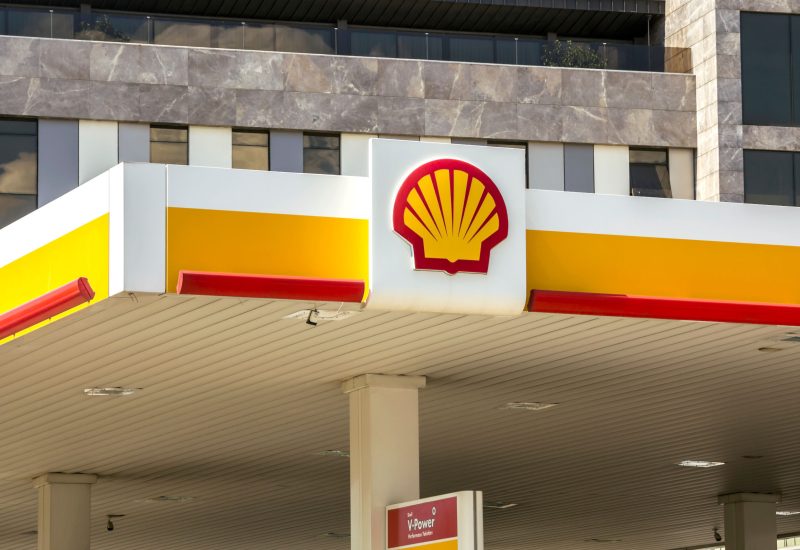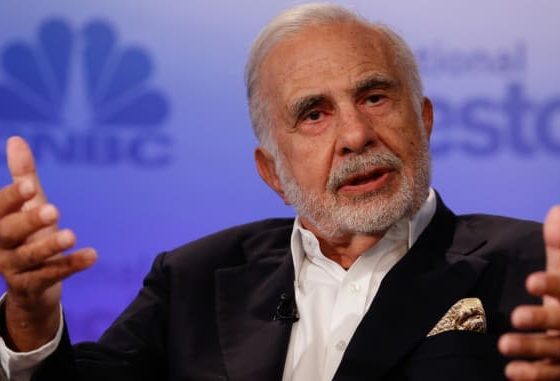Shell, the British oil giant, announced robust third-quarter profits of $6 billion on Thursday, beating analyst forecasts and unveiling a new $3.5 billion share buyback program.
The company’s performance was largely driven by higher gas sales, despite lower crude prices and refining margins that challenged the energy sector.
Shell’s quarterly profit exceeded market expectations of $5.3 billion, underscoring the company’s resilience amid a volatile energy market.
In a statement, CFO Sinead Gorman highlighted Shell’s consistent financial strength, calling it the “12th consecutive quarter” of significant share buybacks.
She added,
This quarter we delivered another strong set of results despite a less favorable macro environment, driven by solid operational performance across our portfolio.
For Shell, this momentum aligns with its strategy of disciplined spending, increased cash flow, and an effort to manage debt.
Shell’s third-quarter free cash flow climbed to $10.83 billion, a considerable increase from $7.5 billion in the same period last year, signaling strong operational efficiency.
Meanwhile, capital expenditure was reduced to $4.95 billion, down from $5.65 billion year-on-year, reflecting cost-cutting initiatives.
Net debt also declined, reaching $35.2 billion, down from $40.5 billion in the previous year.
Shell shares rise
Market reaction to the news was positive, with Shell’s shares rising 0.8% in early trading.
Maurizio Carulli, an energy analyst at Quilter Cheviot, told CNBC, “Shell’s results were much better than expectations at virtually every level,” crediting Shell’s approach to portfolio rationalization and operational improvement.
Carulli noted Shell’s leadership in liquified natural gas (LNG), which he called “a position of strength” in an evolving energy market, given LNG’s projected growth over the coming decade.
Shell’s strong quarterly results come as global oil prices have fallen by approximately 17% in the third quarter amid concerns over demand.
Competitor BP, by contrast, reported its lowest quarterly earnings in four years, citing reduced refining margins. BP’s replacement cost profit for the quarter stood at $2.3 billion, a stark decline compared to last year’s performance.
Criticism from environmental groups
Despite its financial gains, Shell faced renewed criticism from the environmental advocacy group Follow This.
The group pointed to a decrease in Shell’s clean energy investments, which fell from 9% of total capital expenditure in the second quarter to 8% in the third quarter.
The criticism underscores ongoing concerns about Shell’s climate strategy.
While Shell maintains a commitment to reaching net-zero emissions by 2050, it revised its 2030 carbon reduction goals earlier this year, opting for a less aggressive approach.
Responding to this, Gorman highlighted recent initiatives, such as the completion of the Northern Lights CO2 storage project in Norway.
Shell has also been active in expanding its low-carbon footprint in the US, acquiring a power plant in Rhode Island to support growing electrification demands.
The company’s investment in cleaner energy solutions is part of its broader plan to allocate $10 to $15 billion toward low-carbon initiatives from 2023 through 2025, with projects ranging from electric vehicle charging infrastructure to carbon capture and storage.
As Shell continues to report strong financials, the dual focus on oil profits and gradual clean energy investments reflects the balance it seeks between profitability and sustainability.
The company’s ability to navigate these competing pressures will likely be pivotal as the global energy landscape evolves.
The post Shell Q3 earnings: British oil giant posts $6B profit, announces $3.5B share buyback appeared first on Invezz


